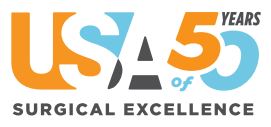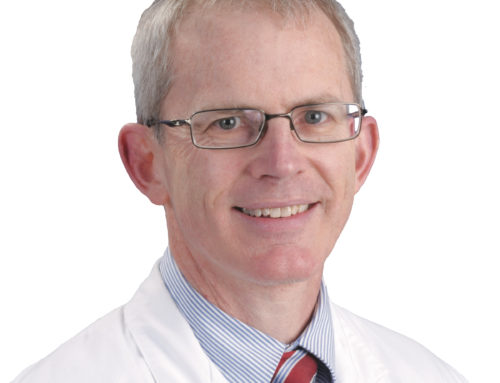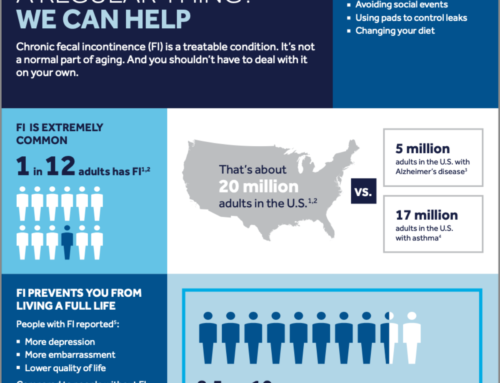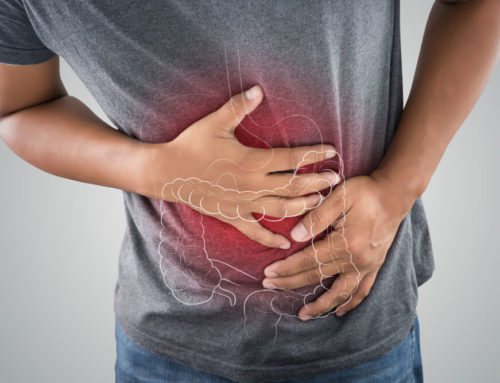What you eat can have a power influence against a number of colon disorders – including cancer. As a crucial part of the digestive system, your colon’s job is to absorb water and minerals and eliminate waste from your body. Bacteria inside your colon is also responsible for synthesizing certain vitamins, protecting the body from harmful microorganisms and processing food. In this Q & A, Eric Nelson, MD, colorectal surgeon with University Surgical Associates shares the value of eating a plant-based diet and addresses the best and worst types of food for keeping your colon running at its best.
Q: We know that following a balanced diet – think fruits, veggies, and whole grains is important for overall health. In what way is diet even more important to colon health?
A: Diets high in fiber rich foods provide not only nutrition for our bodies but also substrate, or the underlying substance in the colon that encourages the “good bacteria” in our gut to increase rapidly and multiply. This good bacteria helps your body digest food and has been connected with supporting your immune system and controlling inflammation.
Q: Why does eating a high fat or low fiber diet contribute to colon issues? What can result when there’s not enough fiber in your diet?
A: Fiber is not only helpful for promoting a healthy gut microbiome, at a basic level it promotes colon health by (along with water) bulking and softening stool, making transit through the colon easier. This decreases the risk of diverticular disease and hemorrhoids. At the same time, decreased transit time limits the time any toxins are in contact with the cells of the colon wall.
Q: What are the benefits of a plant-based diet? How does eating more plant-based foods keep your colon working properly?
A: All fiber comes from plants. The fiber is helpful in and of itself but the foods that are particularly high in fiber are also high in vitamins, minerals, phytonutrients and trace elements that we need for overall health.
Q: What are the worst types of foods to eat for colon health?
A: The World Health Organization classifies processed meats as a class 1 carcinogen. This means the cause-and-effect relationship between eating processed meats and colon cancer is just as well established as the connection between, for example, smoking and lung cancer. This doesn’t mean the increased risk from eating processed meats is as high as the risk of smoking, but it does mean that it definitely causes an increased risk of getting colon cancer.
Q: What kind of diet do you recommend for people who are concerned about colon health or have a family history of colon issues or colorectal cancer?
A: A diet high in fiber-containing foods is clearly the healthiest diet for the colon. Even with a healthy diet, those with a family history of colon cancer and certain other colon disorders will need earlier and more frequent colonoscopies to ensure problems are prevented or caught very early.
Advanced Training, Exceptional Care
The colorectal surgeons at USA are experts in the surgical and nonsurgical treatment of colon and rectal problems and play an instrumental role in the effective screening, prevention and treatment of colorectal cancer. Studies have shown that patients treated by colorectal surgeons are more likely to survive colorectal cancer because of their advanced training and the large number of colon and rectal disease surgeries they perform. To schedule your colonoscopy, call (423) 267-0466.








Leave A Comment